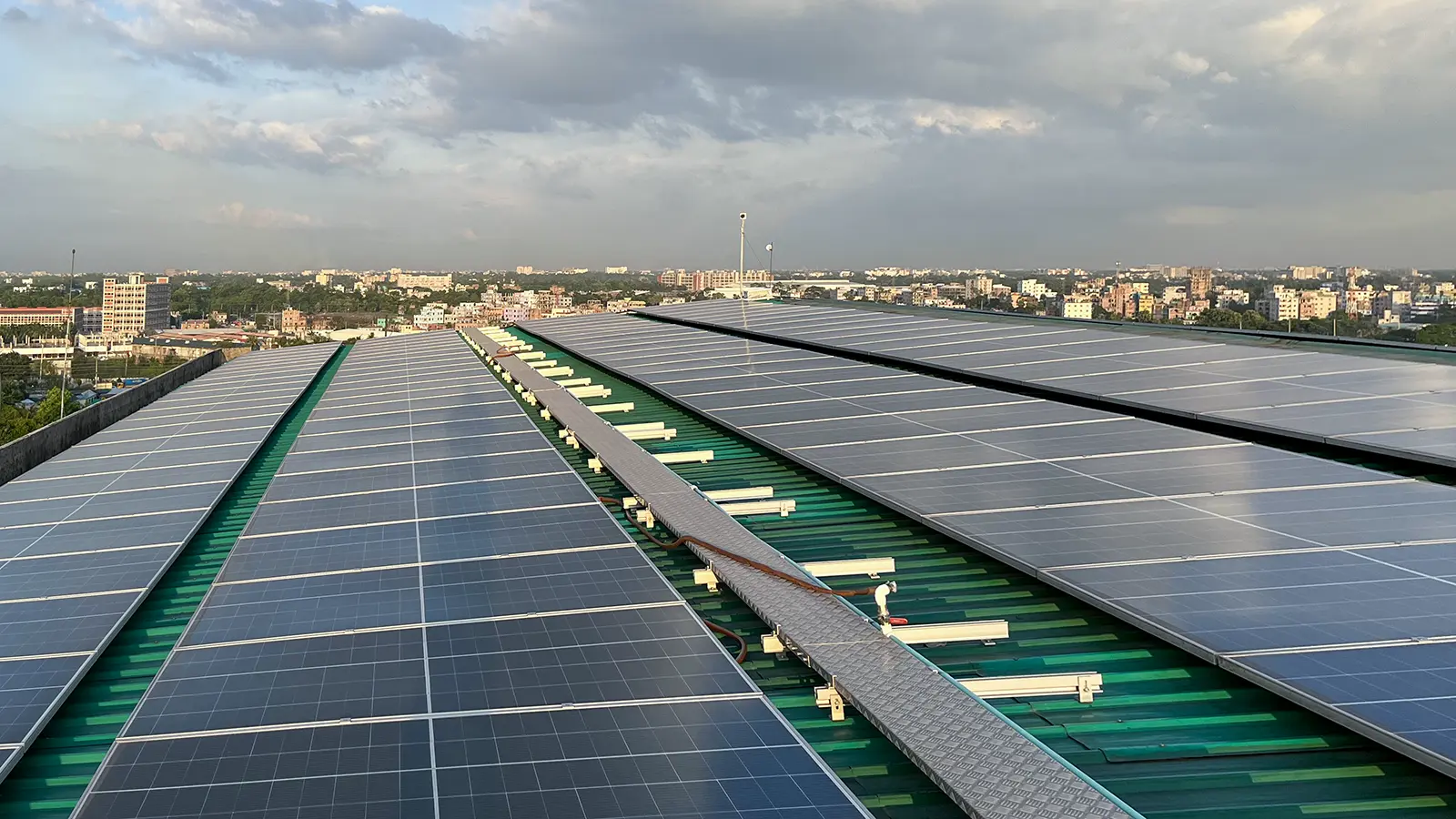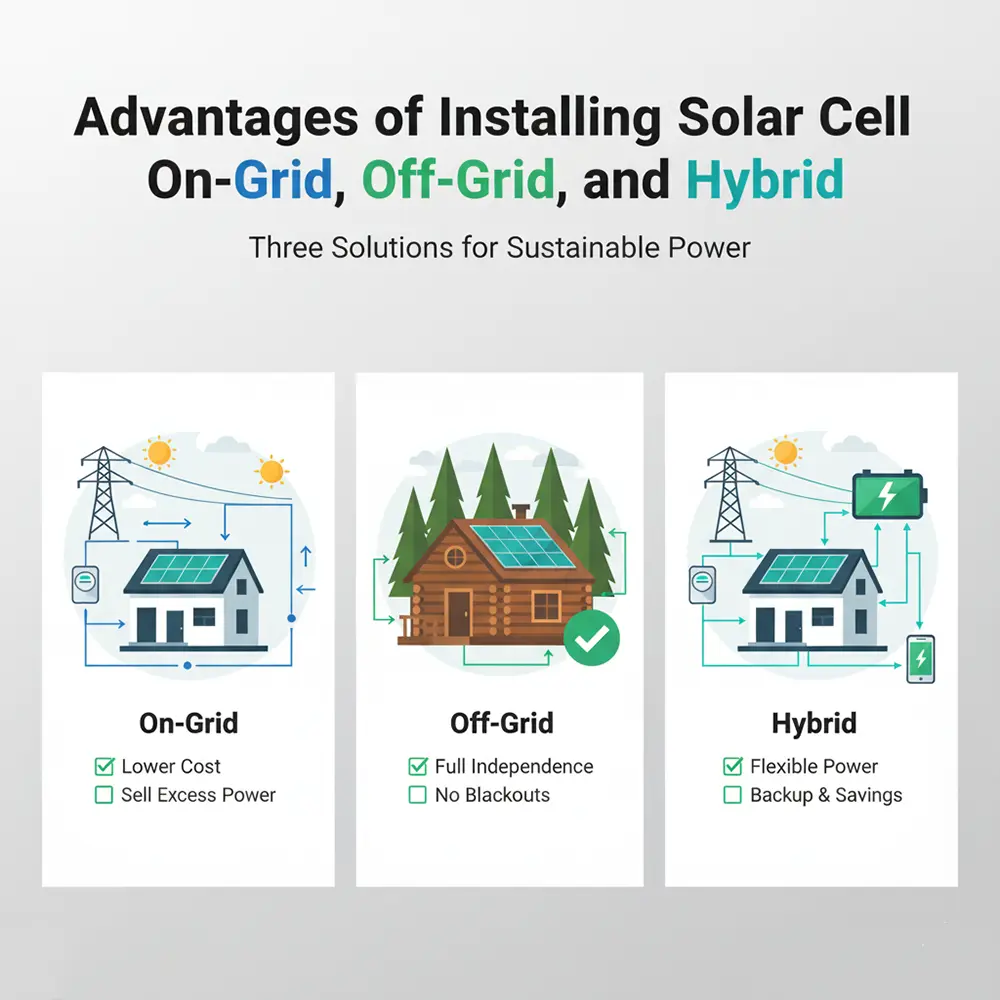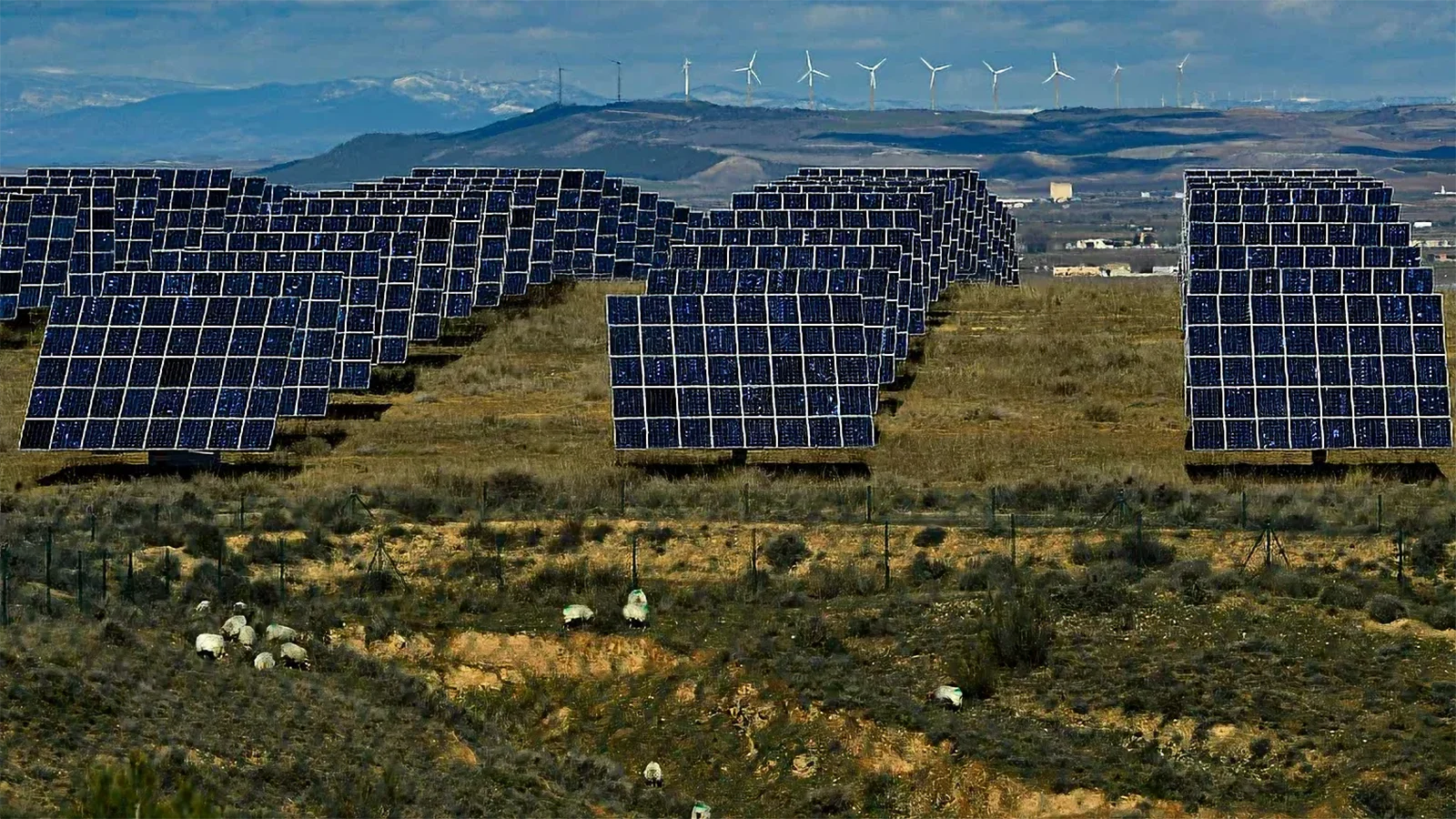News and activities
Solar Energy and the Industrial Sector: New Opportunities for Cost Reduction
15 August 2024

The industrial sector is facing challenges in reducing production costs and enhancing global competitiveness. Solar energy presents an attractive alternative, as it is a clean energy source with continually decreasing production costs.
Why should the industrial sector turn to solar energy?
- Reduced Production Costs: Installing solar panels on factory roofs or vacant land within the factory allows industries to generate their own electricity, significantly reducing energy costs, especially during periods of high electricity prices.
- Energy Stability: Relying on solar energy reduces the risk of fluctuations in fossil fuel energy prices, providing industries with relatively stable production costs.
- Positive Image: Being an environmentally conscious organization that utilizes clean energy enhances the company's image, attracting customers and investors.
- Promoting Sustainability: Using solar energy reduces greenhouse gas emissions, promoting environmental sustainability and representing a worthwhile long-term investment.
Opportunities and Challenges
Opportunities:
- Incentive Policies: Many governments worldwide, including Thailand, have policies promoting the use of solar energy, such as subsidies and tax breaks, which serve as significant incentives for industries.
- Advanced Technology: Solar cell technology is becoming more efficient and less expensive, making investments more worthwhile.
- Integration with Other Technologies: Combining solar panels with energy storage systems (ESS) or energy management systems (EMS) optimizes the efficiency of solar energy usage.
Challenges:
- High Initial Investment Costs: Installing solar panel systems requires a substantial initial investment, although it can be recouped over the long term.
- Installation Space: Some industries may have limited space for installing solar panels.
- Knowledge and Skills: Designing and installing solar panel systems requires specialized knowledge and skills.
Examples of Successful Solar Energy Adoption in Industries
- Manufacturing: Many large-scale industrial plants worldwide have installed solar panels on their roofs to reduce energy costs and enhance their corporate image.
- Agriculture: Using solar panels for agricultural water pumping reduces production costs and increases yields.
- Services: Numerous large hotels, resorts, and shopping centers have adopted solar power to reduce energy costs and attract customers.
Conclusion
Solar energy presents a significant opportunity for the industrial sector to reduce production costs, enhance competitiveness, and promote sustainability. Despite some challenges, with government incentives, advanced technology, and successful experiences from existing businesses, Thailand's industrial sector can confidently embrace the era of clean energy.
Recommendations for Entrepreneurs:
- Research: Study solar cell technology and government incentives.
- Consult Experts: Consult solar energy experts to plan a suitable installation for your business.
- Calculate Return on Investment: Calculate the return on investment to ensure it is worthwhile.
Investing in solar energy is not just about reducing costs; it's an investment in the future sustainability of your business and the planet. For more information, please contact Energy X Co., Ltd.

- 21 October 2025
Advantages of installing Solar Cell On-Grid, Off-Grid and Hybrid


